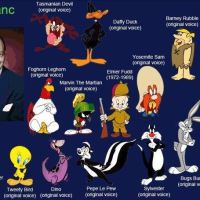THE LAST OF ENGLAND directed by Derek Jarman (UK, 1988
“It’s a love story with England. It’s not an attack. It’s an attack on those things that I believe personally are things without value.” Derek Jarman in an interview with Chris Lippard
Derek Jarman was a war child; conceived during the period of the London blitz and born on January 31st 1942. It is perhaps no surprise to find that the spectre of WWII dominates his imagination and helped inspire his surreal poetic documentary ‘The Last of England’ made in the Spring of 1987.
Jarman was in his mid-40s when he completed the film which graphically depicts a post-war and post-apocalyptic urban wasteland. While making it he was diagnosed as HIV positive. This illness was for him another battle which he waged publicly. He announced his diagnosis to the world rather than be shamed into silence. The full-blown AIDS virus would end his life prematurely six years later.
The contagion may have partly accounted for his rage but it was in him anyway. “Where’s hope? Have they killed it” are rhetorical questions asked in a movie. “Yes” comes the blunt reply. “And tomorrow?” the unseen speaker asks. The answer comes in the form of a quote from graffiti Jarman had seen scrawled on a wall in London’s Euston Road: “Tomorrow is cancelled due to lack of interest”.
This brief exchange is practically the only dialogue in a movie that evolved through improvisation; there was no screenplay. Aside from Jarman’s freeform poems (read by Nigel Terry) , most of the movie plays out without words. The director’s obscure diatribes offer few clues about his intentions. They are more full of attitude than meaning. The critic David L.Hirst called the end result “an apocalyptic roar of a movie.”
Continue reading











